If your otherwise healthy baby cries for hours, especially in the evening,then it’s likely what you call baby’s colic. You have tried feeding, burping, and rocking —- still, the crying does not stop. It’s irritating, exhausting, overwhelming, and emotionally damaging for both you and your baby. There is good news. You are not alone, and there are natural ways to cure your colicky baby’s discomfort without going for heavy medication right away.
In this article, we’ll explore trusted baby colic treatments, home remedies for colic, and practical tips that bring colic relief for babies and peace of mind to parents.
Also Read About: Things To Do When Preparing For Your Baby’s Arrival
What Exactly Is Colic?
Colic is a term used to describe unexplainable, excessive crying in an otherwise healthy infant. It usually starts at the age of 2-3 weeks and lasts till 3-4 months. The most common signs include:
- Extensive crying usually occurs in the evening.
- Intense crying episodes lasting up to 3 hours or more a day.
- Red face arched back, and tight fists during the episode.
- Difficulty in soothing the baby.
The exact cause of colic isn’t known. It may occur due to digestion problems, gas, over stimulation, or even the temperament of an infant. Regardless of the cause, natural remedies for colic can help diminish the unease without causing any severe side effects.
Natural Remedies for Colic That Work:
Tummy time:
Lay your baby on the tummy even for a brief time in the supervised period of the day. Pressure on the tummy helps release the trapped gas in the stomach, one of the most suspected causes of baby’s colic. For this you can use tummy time water mat and tummy time pillow.
Soothing motions:
Motions are comfort and reminiscent of life for the baby in the womb. Babies love smooth and light movements. Try these to comfort your colic baby:
- Using a baby swing.
- Rocking in a chair.
- Slowly bouncing on the ball while holding your baby.
- Wearing your baby in a sling and walking around.
These moments mimic the motion they felt before coming into this world. These movements often offer natural colic relief.
Warm Tummy Compress:
A heating pad or a warm (not hot) towel wrapped in a cloth gently pressed on your baby’s belly can work wonders. It helps to reduce gas and relax stomach muscles, which often soothes a crying baby.
Try a Warm Bath:
A comforting warm bath can help relax your baby’s tightened muscles and distract them from the pain. Add this to your baby’s evening routine to calm your baby before bedtime.
Feeding Tips That Reduce Colic:
Burp Frequently:
If you are breastfeeding or bottle feeding, stroll after feeding your baby and gently stroke your baby’s back. This will help your baby to burp frequently. Air trapped in the in the stomach can cause painful gas and bubbles. Help your baby to release them.
Try smaller and more frequent feeds:
Try a smaller number of frequent feeds instead of long feeding sessions. This can prevent the chance of swallowing air and overeating a major colic trigger
Switch Bottles or Nipples (if bottle feeding):
Bottles and nipples can be a major factor in causing and reducing colic. For example, anti-colic bottles are designed to reduce air intake. A slower-flow nipple causes the baby to gulp slowly and a small amount of milk reduces the possibility of colic.
Also Read About: Sleep Training Tips Every New Parent Should Know
Herbal Remedies and Home remedies:
Consult your pediatrician before introducing any remedies to your baby, even if they are natural.
Chamomile or Fennel Tea (for Breastfeeding Moms):
Chamomile and fennel tea are known to make digestion easy and reduce gas. Drinking these herbs can help your baby indirectly, as beneficial compounds are passed to the baby via breast milk.
Gripe water:
This is one of the oldest home remedies for colic in babies. Typically made from a mix of herbs like fennel and ginger, gripe water can ease digestive discomfort. Choose alcohol-free and sugar-free versions only.
Probiotics:
Always ask your pediatrician first if any of the probiotics are suitable for the baby. Studies show that probiotics like Lactobacillus reuteri can help augment gut health and reduce colic symptoms.
Lifestyle Adjustments for baby’s Colic Relief:
Monitor your diet if breastfeeding:
Babies are connected to moms and react to what they eat. Some common triggers in mother’s diet are:
- Dairy
- Caffeine
- Spicy or gassy foods (like broccoli or onions)
Try eliminating these products from your diet. The better way is to eliminate one item for a week to check the improvement in symptoms.
Create a calming evening routine:
A calm evening routine such as bath, feed, swaddle, and soft music signals the baby that it’s time to soothe down and relax. Structure and repetition in routine can reduce colic and irritation.
Calm The Senses:
Not only digestion but also discomfort and overstimulation play a big role in colicky crying. A baby’s nervous system is still developing, so even simple things like noise, light, or touch can overwhelm them. By soothing their senses, you can often reduce fussiness and make them feel more secure. Here are some helpful ways to calm your baby:
Swaddle or comfort:
Wrapping your baby snugly in a soft blanket can mimic the secure feeling of the womb. This sense of safety helps reduce anxiety and crying. Pairing swaddling with calming sounds works even better. A white noise machine, soft lullabies, or even the gentle hum of a fan or vacuum can comfort the nervous system. Sometimes, your baby may simply find peace in hearing your calm voice.
Keep things quiet and dim the light:
Babies can become restless when exposed to bright lights or sudden noises. These stimuli can easily overstimulate their sensitive senses, leading to more crying. Creating a peaceful environment with dim lighting and a quiet background helps them settle. A calm, cozy room not only reduces colic triggers but also supports better sleep and relaxation.
Products to Ease Baby’s Colic Troubles:
Baby massage oil:
A gentle massage with natural oils can do wonders for colicky babies. Using light, circular motions on the tummy helps release trapped gas. It also relaxes the baby’s muscles, eases discomfort, and promotes better sleep. Oils with mild, natural ingredients like coconut or almond oil are often preferred for their soothing effect on sensitive skin.
Tummy roll on:
Tummy roll-ons are easy-to-use blends made with baby-safe essential oils. You simply roll the product on the baby’s stomach in small circles. The natural oils work to relax abdominal muscles, improve digestion, and reduce bloating. They are travel-friendly and mess-free, making them a quick comfort option during sudden colic episodes.
Gas Relief Drops (Simethicone-based):
Gas relief drops are gentle, over-the-counter solutions commonly recommended by pediatricians. These drops help break down gas bubbles in the stomach, making them easier to pass. They act quickly and are safe when used as directed. Parents often keep them handy to provide immediate relief when massage or tummy roll-ons aren’t enough.
When to See a Pediatrician:
Most colic symptoms are harmless, but if your baby is facing a crucial medical condition along with colic, call your pediatrician. Such as:
- Vomits repeatedly
- Cries more than usual or if the pattern changes suddenly
- Blood in stool
- Suffering from fever
- Not gaining weight
Trust your instinct. If your baby feels off or less energetic, inform your doctor.
Frequently Asked Questions:
1: Should I change my baby’s formula if they are colic?
Consult your pediatrician before taking any step regarding your baby’s feeding. While formula feeding, an anti-colic or sensitive formula may help.
2: How can both parents support a colicky baby?
Emotionally support each other and your baby. Take turns while soothing the baby. Rest when possible. Communicate properly. Even these small things can prevent burnout while dealing with a colicky baby.
3: What’s the difference between gas and colic?
Gas can cause temporary discomfort, while colic involves regular, prolonged crying for several hours a day, typically without a clear cause. However, trapped gas may contribute to colic-like symptoms.
4: How can I stay calm during a baby’s colic episodes?
Ask your partner to take over, stay away for a short time if needed, take deep breaths, or relax. Caring for yourself helps you better care for your baby. It’s normal to feel overwhelmed.
5: Is it okay to let a colicky baby cry out?
No, instead of letting them cry out, focus on comforting them by holding, gentle stroking, and white noises. Colic crying isn’t behavioral, it’s physical discomfort.
Colic may feel like a storm you can’t control — but with gentle, consistent care, things get better. From soothing motions and natural remedies for colic to simple lifestyle changes, you can bring your baby comfort and find your rhythm as a parent.Keep showing up. Keep trying. And most importantly — know that you’re doing a beautiful job, even on the tough days.




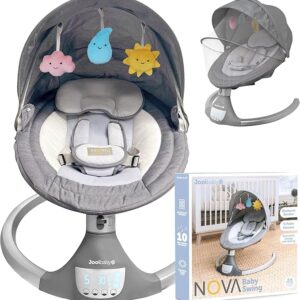

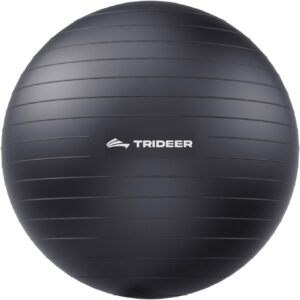

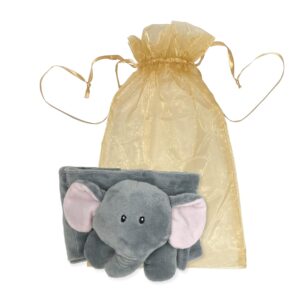

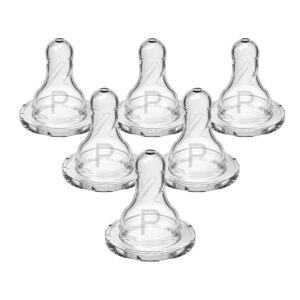

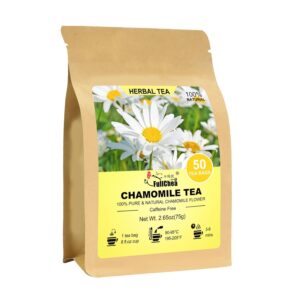
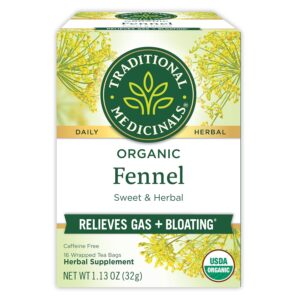
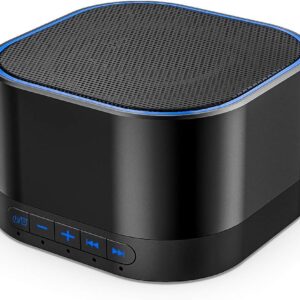
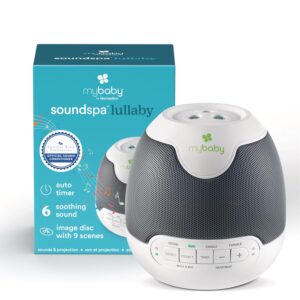


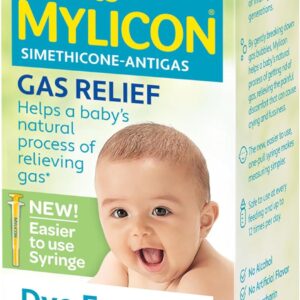
1 Comment
Thanks for sharing. I read many of your blog posts, cool, your blog is very good.
Add Comment